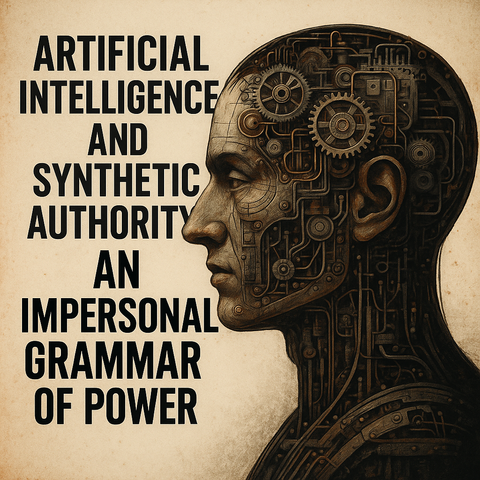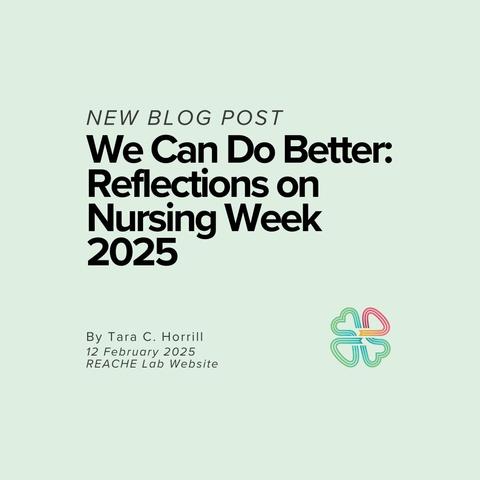"Loren Goldner’s Vanguard of Retrogression: “Postmodern” Fictions as Ideology in the Era of Fictitious Capital can be considered yet another attempt to reckon with the superstructural effects of the long downturn. Published shortly before the September 11 terrorist attacks, it brought together articles written between 1979 and 2001. The book went largely unnoticed upon its appearance, garnering at most a handful of citations, but in many ways it is the best of the genre of Marxian interpretations of postmodernism. It is useful to compare Vanguard of Retrogression with some of the other titles listed above. Quite like Jameson, for example, Goldner grounded postmodern ideologies in material transformations in the sphere of production. Unlike Jameson, he did not outsource his economic analysis to Ernest Mandel. For Goldner, as for Harvey, the 1973 crisis marked a turning point in the history of capital accumulation. However, Goldner did not adopt the regulation school’s “Fordist”/”post-Fordist” periodization, instead characterizing it in terms of a switch from formal to real subsumption (or “domination,” to use his preferred translation). Similar to Callinicos, he had political objections to postmodernism. But whereas Callinicos came out of the British tradition of Cliffite Trotskyism, Goldner was influenced by French neo-Bordigism. And although he shared many of Dews’ criticisms of poststructuralist theory, the latter’s perspective was more akin to that of Theodor Adorno, while the former leaned on Leszek Kołakowski.
Early in Vanguard of Retrogression, Goldner remarked that, already by 1971, “a sense of the end of something was in the air.” The sixties, which had seen such upheaval, were over. Ranging effortlessly from politics and economics to philosophy and culture, his account of that turbulent decade in the preface sets the tone for the rest of the book."
http://insurgentnotes.com/2025/04/polemics-against-postmodernism/
#Marxism #PostModernism #Neoliberalism #Crisis #CriticalTheory


